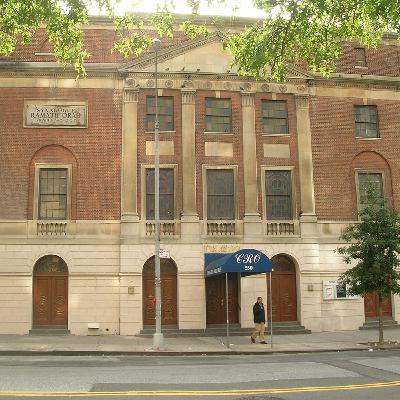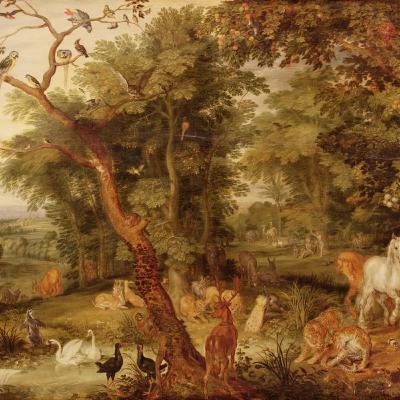Bereishit Ch. 8
Description
Why did God destroy the world in Noah's flood only to recreate what appears to be an identical world with the same flawed humanity? This episode explores the profound but often overlooked transformation between the pre-flood and post-flood worlds.
Far from elevating humanity, the flood narrative reveals that humans were actually demoted from their original status. Where Adam was granted royal dominion over creation, Noah's descendants must rely on fear and intimidation to control animals. The divine image (tzelem elokim) shifts from humanity's crown of distinction to a protective shield against murder.
Yet this apparent demotion creates an unexpected opportunity. While Adam was a passive recipient of God's creation, Noah becomes an active partner—building the ark, sending out birds, offering sacrifices, and replanting the world. Humanity lost its automatic crown but gained the chance to earn it back through voluntary partnership with the divine.
This paradigm shift from obligation to opportunity explains how God can promise never to destroy the world again while acknowledging that human nature remains unchanged. The world's fate is no longer tied to humanity's perfection, creating space for gradual moral development and the possibility of rising above our base nature—not because we must, but because we can.






